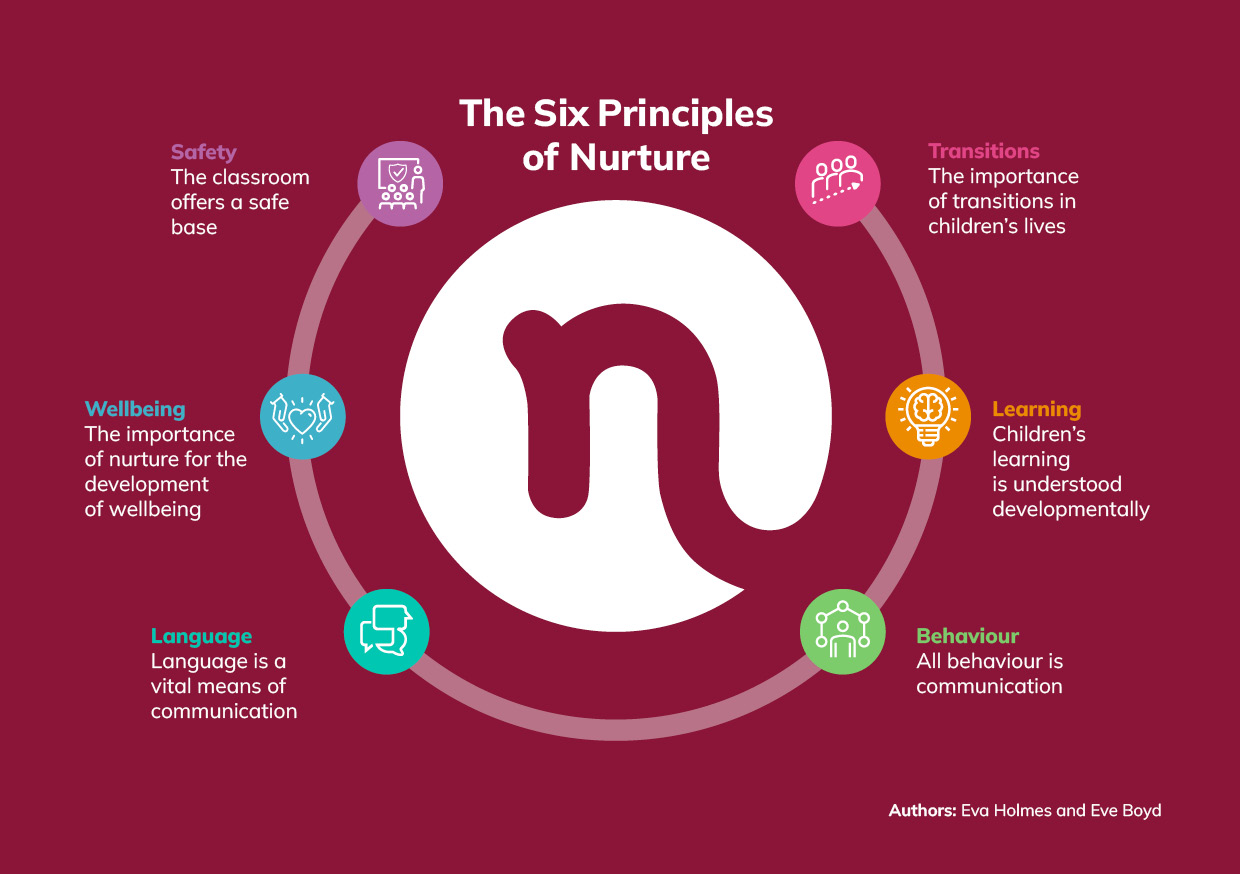Nurture UK
Whitstable Junior School is now an accredited National Nurturing School.

Please see the full report below.
Nurture vision statement
‘Learning today for Life tomorrow.’
Whitstable Junior School Community Code
· Be Safe
· Be Kind
· Be Responsible
At Whitstable Junior School we thrive to create a nurturing environment that is inclusive, kind and promotes mutual respect. Through nurturing positive relationships and embedding the six principles of nurture, children will develop the social skills they need to thrive, feel safe and be responsible for themselves in school and in the wider community.
A nurturing school is a place where children and young people's learning is understood developmentally and they are supported with their specific needs, based on the Six Principles of Nurture and insights from the Boxall Profile® Online.
A nurturing school helps the whole school community to flourish, with benefits for children and young people, teachers and support staff, senior leaders, parents and the wider community.
The Six Principles of Nurture
The nurturing approach to education offers a range of opportunities for children and young people, giving them the social and emotional skills to do well at school and with peers, and to develop their resilience and self-confidence. It encourages pupils to take pride in achieving - addressing the social and emotional needs that can hamper learning.
The nurturing approach is based on the six principles of nurture:

As a school, we have created our own child-friendly versions of these principles and how they can be seen in our school:
My learning journey may look different to yours, but we grow together (Children's learning is understood developmentally)
School is a safe place where everyone belongs (The classroom offers a safe base)
We show kindness to ourselves and others (The importance of nurture for the development of wellbeing)
We listen and support each other (Language is a vital means of communication)
Our behaviour tells our story (All behaviour is communication)
Changes can be planned, changes can be surprises but we can cope! (The importance of transitions in children's lives)
School is a safe place where everyone belongs (The classroom offers a safe base)
Our school is a warm, safe and predictable place where children feel supported. Our ethos promotes wellbeing. Children know that in their classroom they can: ask questions, take risks in their learning, make mistakes and be themselves.
Changes can be planned, changes can be surprises, but we can cope! (The importance of transition in children’s lives )
We recognise the importance of day-to-day transitions as well as more significant events and changes in children's lives. We provide guidance and support to help children navigate these changes smoothly.
We show kindness to ourselves and others (The importance of nurture for the development of wellbeing)
We develop nurturing and positive relationships to support emotional well-being between all adults and children in school. When children’s wellbeing is good, it helps them to be good learners.
Our behaviour tells our story (All behaviour is communication)
We recognise that all behaviour is a form of communication. We strive to understand and interpret behaviours so that we can address the underlying needs and provide appropriate support.
We listen and support each other (Language is a vital means of communication)
Language is valued as a way of putting feelings into words. Effective communication is essential for learning and relationships. We encourage children and adults to listen with curiosity.
My learning journey may look different to yours, but we grow together (Children’s learning is understood developmentally).
We appreciate that each child develops at their own pace - stage not age. We take a holistic view of children's learning and believe that all learning is built on things that children have learnt before. Just because two children are the same age, it doesn't mean that they are at the same stage in their learning.
More information can be found on the Nurture UK website
https://www.nurtureuk.org/the-six-principles-of-nurture/







